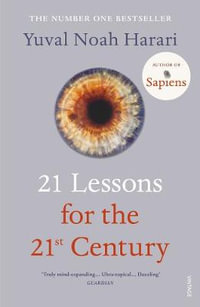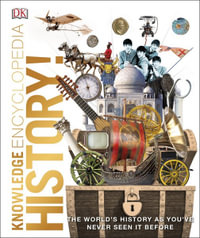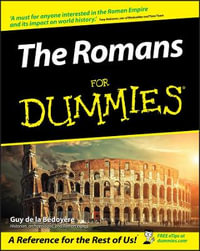Lament seems to have been universal in the ancient world. As such, it is an excellent touchstone for the comparative study of attitudes towards death and the afterlife, human relations to the divine, views of the cosmos, and the constitution of the fabric of society in different times and places. This collection of essays offers the first ever comparative approach to ancient Mediterranean and Near Eastern traditions of lament. Beginning with the Sumerian and Hittite traditions, the volume moves on to examine Bronze Age iconographic representations of lamentation, Homeric lament, depictions of lament in Greek tragedy and parodic comedy, and finally lament in ancient Rome. The list of contributors includes such noted scholars as Richard Martin, Ian Rutherford, and Alison Keith.
Lament comes at a time when the conclusions of the first wave of the study of lament-especially Greek lament-have received widespread acceptance, including the notions that lament is a female genre; that men risked feminization if they lamented; that there were efforts to control female lamentation; and that a lamenting woman was a powerful figure and a threat to the orderly functioning of the male public sphere. Lament revisits these issues by reexamining what kinds of functions the term lament can include, and by expanding the study of lament to other genres of literature, cultures, and periods in the ancient world. The studies included here reflect the variety of critical issues raised over the past 25 years, and as such, provide an overview of the history of critical thinking on the subject.
Industry Reviews
"Suter's collection offers a valuable corrective to what have become almost ideological attitudes to lament in Greek tragedy. Perkell's reading of the laments of Iliad 24 is humane and beautifully written. Martin brilliantly suggests that Helen may be lamenting the occupants of the Horse in the voices their wives would use to lament them. The essays on Lucan and on the nenia should spark further work in the curiously neglected study of lament in Rome. The
Hittite and Sumerian material invites profoundly important questions about influence between cultures in the ancient world, and the cross-cultural influences are underscored by the contributors' cross
references within the volume." --Bryn Mawr Classical Review
"Suter has collected eleven excellent essays. This book will be of interest to anyone interested in ritual, gender, and the history of mourning. Highly recommended." --CHOICE
"A rich and fascinating collection that justifies the editor's claim that new perspectives can bring fresh energy to this field. The essays are full of unexpected, suggestive details, as well as useful arguments I think the result is a first-rate and unusually consistent collection, which should attract a wide readership and stimulate further research." -Sheila Murnaghan, Professor of Classical Studies, University of Pennsylvania
"Suter, with strong credentials in ancient gender studies, has made a good case for revisiting lament studies now. This volume has many focused articles of high quality that provide a cross-cultural perspective on ancient lament. The book will appeal to philologists, ancient historians, and archaeologists studying death and its social consequences."- Donald Lateiner, John R. Wright Professor of Humanities and Classics, Ohio Wesleyan University
"Suter has collected eleven excellent essays. This book will be of interest to anyone interested in ritual, gender, and the history of mourning. Highly recommended." --CHOICE
"A rich and fascinating collection that justifies the editor's claim that new perspectives can bring fresh energy to this field. The essays are full of unexpected, suggestive details, as well as useful arguments I think the result is a first-rate and unusually consistent collection, which should attract a wide readership and stimulate further research." -Sheila Murnaghan, Professor of Classical Studies, University of Pennsylvania
"Suter, with strong credentials in ancient gender studies, has made a good case for revisiting lament studies now. This volume has many focused articles of high quality that provide a cross-cultural perspective on ancient lament. The book will appeal to philologists, ancient historians, and archaeologists studying death and its social consequences."- Donald Lateiner, John R. Wright Professor of Humanities and Classics, Ohio Wesleyan University























